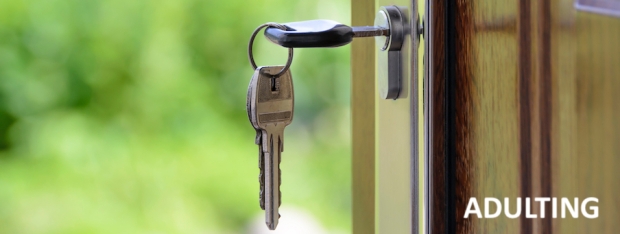
As you might tell, I’m back to in the mode of thinking about the nuances involved in problem solving. The reason is in part because I’ve been interviewing candidates for various roles in my company across four different offices in APAC. That forces me to start considering what are the attributes I value highly and what really demonstrate those attributes. Some of these are really so nuanced and difficult to really describe or pinned down – mostly uncovered through questioning and observing responses in various circumstances.
I am reminded to be grateful for the experience I gathered while working within the Singapore government as part of what was known as International Enterprise Singapore and also Infrastructure Asia. In both instances, I had to work across cultures in Asia which forced me to be sensitive about culture differences and made me pay more attention to the manner we can communicate better. It was also a very collaborative environment that involved a lot of coordination, across departments, government agencies, teams and across various levels. I had the opportunity to with ministers, very senior public servants and observed the way leaders approached problems and manage delicate situations.
And because early on in my career I dealt with a lot of issues where I had to own a problem statement without having the full solution to it but rather, coordinating and managing teams of people, often with different interests to get to the solution, I came to be comfortable with project management. It wasn’t something I had consciously picked up but it was emergent through the themes of various work I did.
Often, what earns us the right to serve our client as consultants is really the ability to take hold of, and own the problem statement that you’ve determined alongside your client. It is not the mastery of content or topic or expertise in particular subject matter. All of that should come along but there will always be someone better than you out there. The ability to take responsibility and do what you can to harness and gather the resources towards solving a problem is the more valuable attribute.








